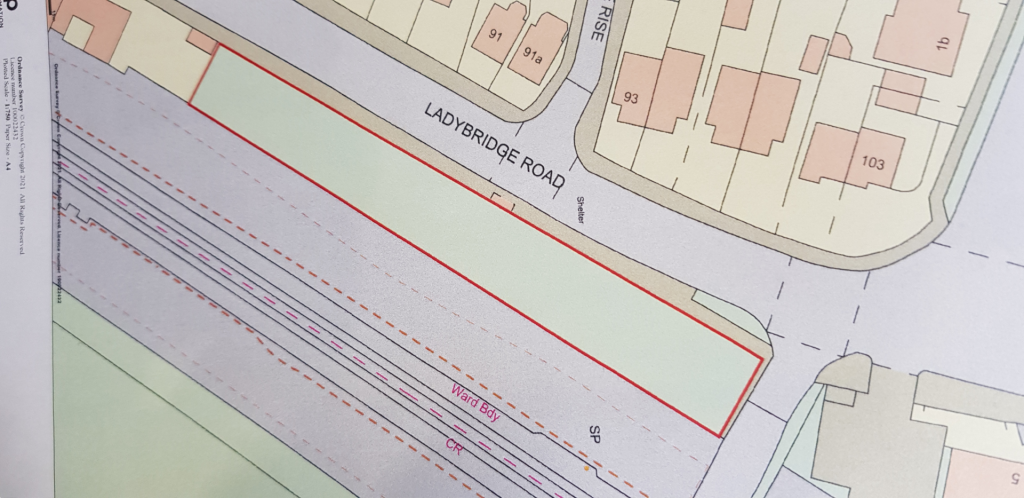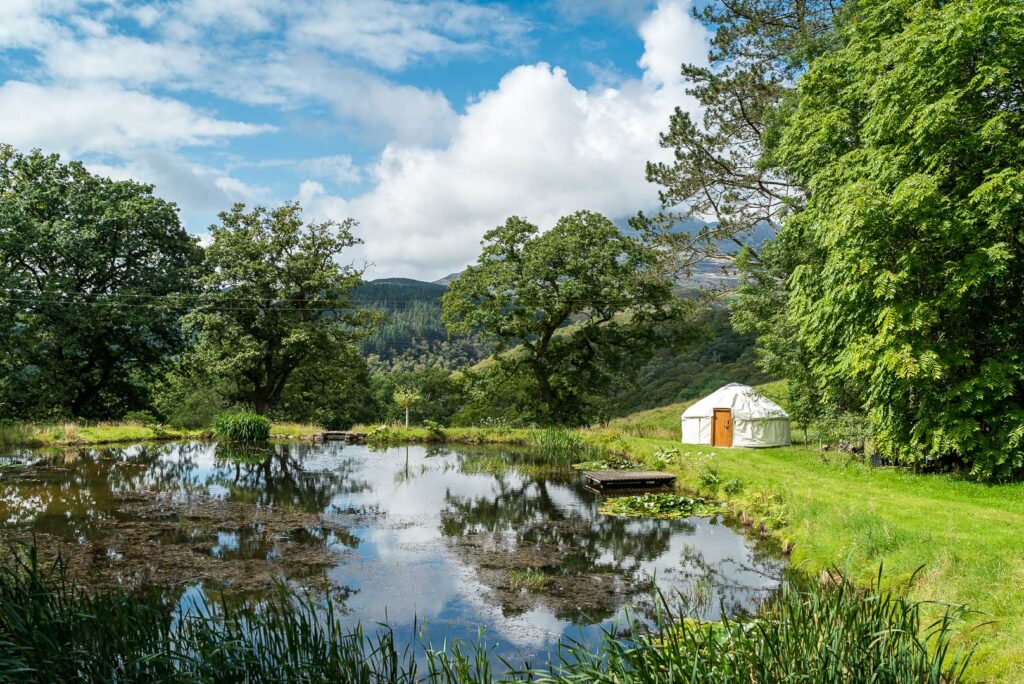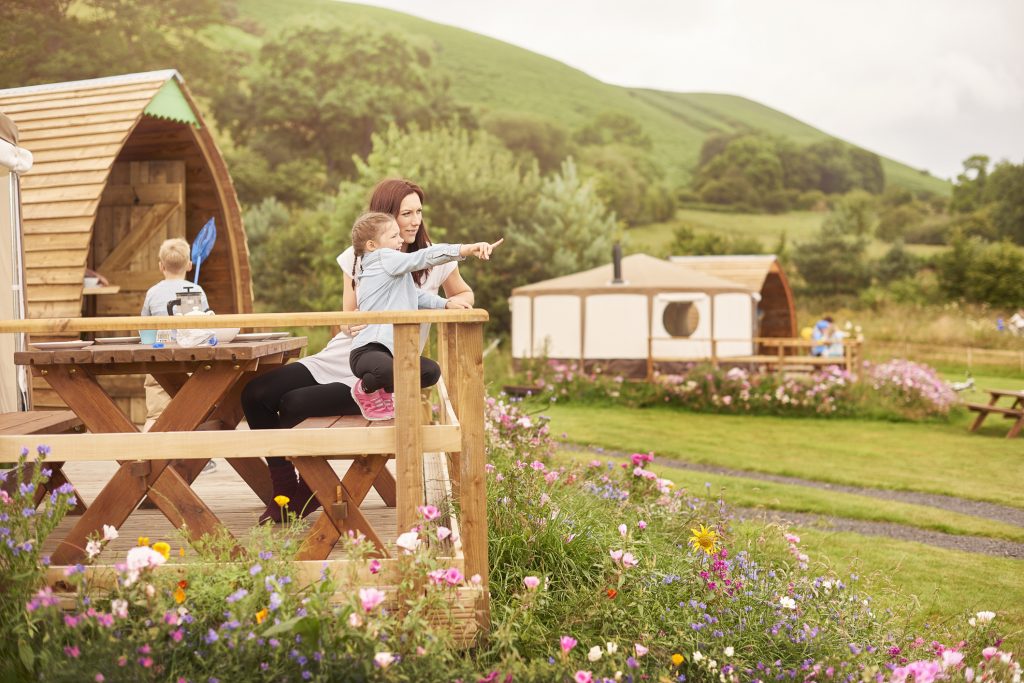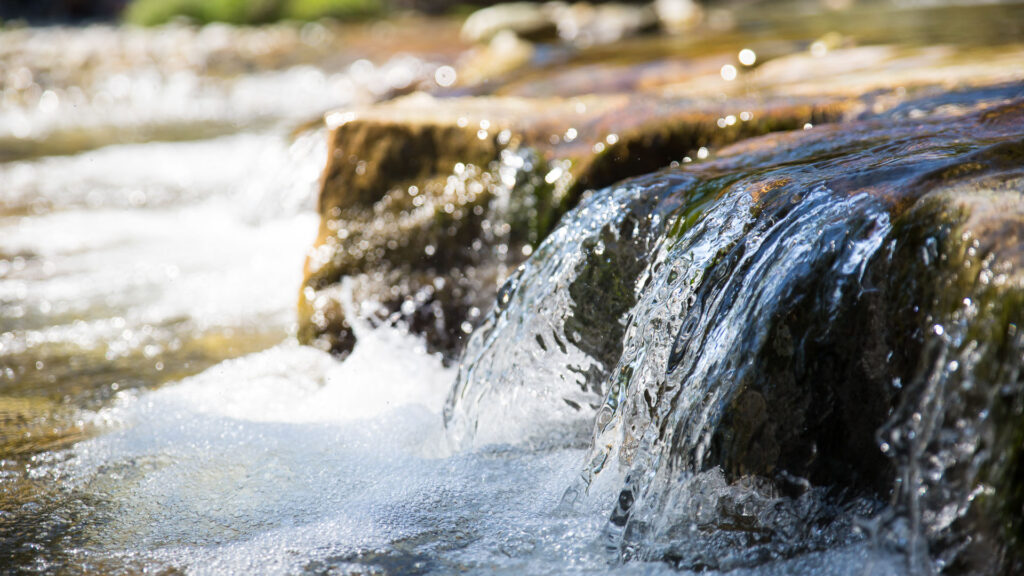Here are our top ten tips for buying rural property in North Wales. Considerations such as utilities, infrastructure and local planning restrictions.
1. Understand your market
See as much property in your price bracket as possible and familiarise yourself with prices achieved for comparable properties. Use online tools to research recent sales. Most importantly, find an experienced local agent who knows the market. Buying property is almost always a team effort. So find an agent you like and trust.
2. Be clear on why you are buying
Is this a property investment that has to generate an income, or is it purely for your lifestyle and pleasure? What are your ‘must-haves’ versus your ‘would-be-nice-to-haves’? Is there room for compromise? If not, don’t get drawn into a pointless debate. Be clear about your ‘negotiables’ before you start viewing.
3. Investigate utilities and infrastructure
Rural properties usually come with a unique set of utility issues. Make sure you understand the limits and possibilities of your potential investment. Septic tanks, broadband, recycling collection and waste disposal are all things to consider.
4. Look for the potential to add value
Don’t underestimate the value of existing barns, outhouses and other buildings on the property, which may have value as holiday lets.
5. Understand the planning restrictions
Check for any planning restrictions on building or demolition. Take the time to consider how the restrictions could affect you as well as how they could be viewed by future buyers. Is it a listed property or in a conservation area?
6. Cost your insurance
A rural property can have complex insurance needs. From smallholdings to large estates, your insurable assets might include buildings, machinery, livestock, liability, business interruption, house, contents and personal accident. Find a good broker who is experienced in the market.
7. Investigate your surroundings
Pay attention to how the land is used around you. Is there a livestock operation next door? Does the property front a proposed bypass? Is commercial development allowed on neighbouring land? Are there any ongoing occupancies or 3rd party rights that you must uphold?
8. Environmental assessment
Some things to consider: the presence of endangered species on your land will come with its own set responsibilities and potential restrictions. You should also investigate any potential environmental contamination from the actions of previous landowners.
9. Set a realistic budget
That means planning for the purchase price, yes, but it’s also prudent to assess and budget for ongoing maintenance costs, improvements, landscaping, upkeep of roads, driveways, repairs and insurance.
10. Use local experts
When it comes to buying rural property, go local whenever possible. Local agents know the market, understand the history and context and have most likely made comparable sales before. A local agent will have insight and intel that just isn’t possible to develop from afar.







